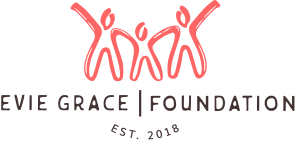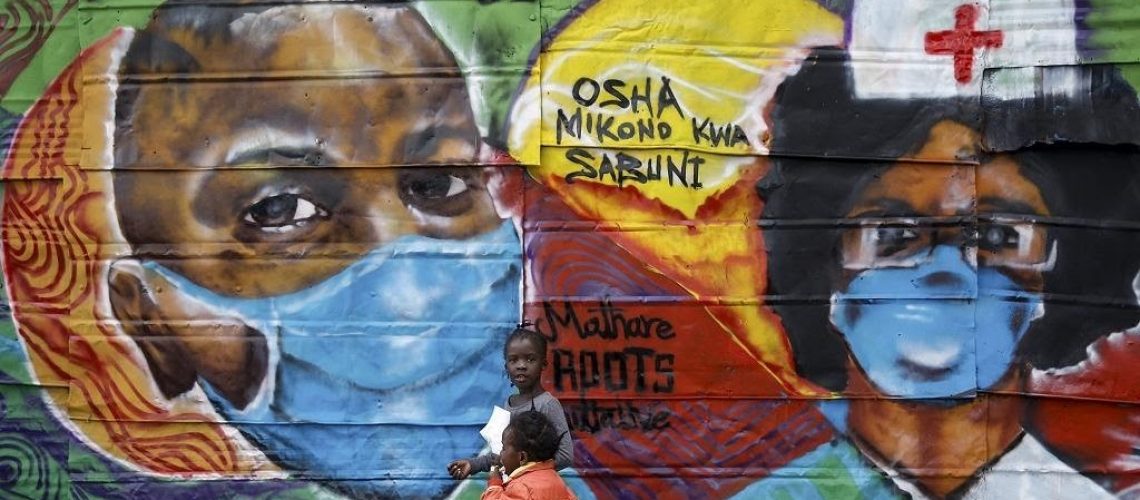Despite the lockdown and the measures taken by the Government, Kenya has 1,745 confirmed cases with 438 recoveries and 62 deaths as of 30 May 2020.
590 COVID-19 positive patients are admitted in thirty-five various hospitals across the country, out of which seven are in critical condition, and four are on ventilatory support; one is on supplemental oxygen. Over 5,000 additional health workers have been hired to augment the current situation.
One of the health officials mentioned that they deported 180 Tanzanians after testing positive. With a steady increase in cases, Kenya closed borders with Somalia and Tanzania and intensified voluntary testing in Slums.
Carelessness has been seen even by politicians and officials who have travelled abroad and didn’t self-quarantined.
Economy
The impact on economy and agriculture is enormous, and travel restrictions are being continued as the pandemic is still affecting people in higher numbers.
There has also been a drastic loss of income from hotels, tourism and flower industries. We have already mentioned other economic factors that are affected during the pandemic in our previous blog COVID-19 in Kenya
Healthcare workers
Even though dedicated healthcare workers are trying to keep the high-risk areas clean and hygienic, it may still impact the healthcare workers as the medical supplies are limited. Without these healthcare workers, there will be no response to COVID-19.
Advocating about healthcare is most challenging, and other diseases will not wait for COVID-19; people with existing conditions such as diabetes and HIV are more vulnerable. It will take a lot of hard work and proactive measures to make sure that the Kenyan health system is ready to fight this pandemic.
Slums
Slums like Kibera are almost impossible to maintain social distancing. With an extremely limited supply of water, staying inside in tiny, crowded houses is the way of life. As many people live from hand to mouth and work on day by day basis, they still have to be working these days to buy food. This results in working and travelling around the city in extremely crowded trains and other transport.
Most of the people are experiencing difficult times as they live in the slums and even when they are scared, they still have to go to work to feed their families. The news of a widow who was kept in forced quarantine and cooked stones to make the children believe she was cooking something for them has gone viral. Many Kenyans have been moved by this and contacted them if they can help out in any way.
New stories
Due to the ignorance spread on social media and strangers, many people still go to mass gatherings and crowded meetings believing that “they washed their hands as advised by Government and they know each other very well and the virus comes only from people from abroad.”
With lots of misinformation going around, like people with certain skin colours won’t get Coronavirus or drinking alcohol can protect against it, and it’s only for the rich etc.,myths and ignorance are spreading through online sources because of the social media. Many people are trying to take advantage of the situation and “strangers” are becoming public figures.
Volunteers and activists are trying their best to diffuse the spread of fake information and educating people. Even though many adults don’t believe in the virus’s stigma, it is amazing and wonderful to see children wash and clean their hands regularly.
Hairstyle
The people of Kenya have still managed to find humour amidst these difficult times. An example is the new “Coronavirus hairstyle” for young girls where the hair is styled into braided spikes resembling the virus’s distinctive shape.
The style is gaining popularity among mothers in particular due to the economic scarcity and it is very affordable and cheap in these hard times.
Children
Being the most affected group during the pandemic, children have a particularly hard time. A murder case of a 13-year-old boy named Yasin Hussain has raised many questions and blames. Many people commented that there were more people been killed by the police than by the virus. And when it comes to street children, hunger and starvation are more dangerous than the virus itself.
Many organisations and foundations are trying to help poorer Kenyans and street children, which goes to show that there is still humanity all over the world even in these difficult times and proves that together we can get through this.
The Evie Grace Foundation has raised over $500 for ten families in Kenya to help them purchase food and necessities during COVID-19. We will be forever thankful to the people who donated in these hard times.
References:
https://www.canberratimes.com.au/story/6753558/coronavirus-hairstyle-popular-in-kenya/?cs=14232
https://scienceafrica.co.ke/kenyans-ignorant-or-ignorance-to-covid-19/
https://www.washingtonpost.com/world/hunger-could-be-more-deadly-than-coronavirus-in-poorer-countries/2020/05/14/32fd3f9a-8bd3-11ea-80df-d24b35a568ae_story.html
https://www.health.go.ke/kenya-reports-123-cases-of-coronavirus-nairobi-wednesday-may-27-2020/
Image source:
https://www.africanews.com/2020/05/10/enforcement-of-coronavirus-lockdown-turns-violent-in-parts-of-africa/
Written by: Chandini Balla and Andrea Manno


